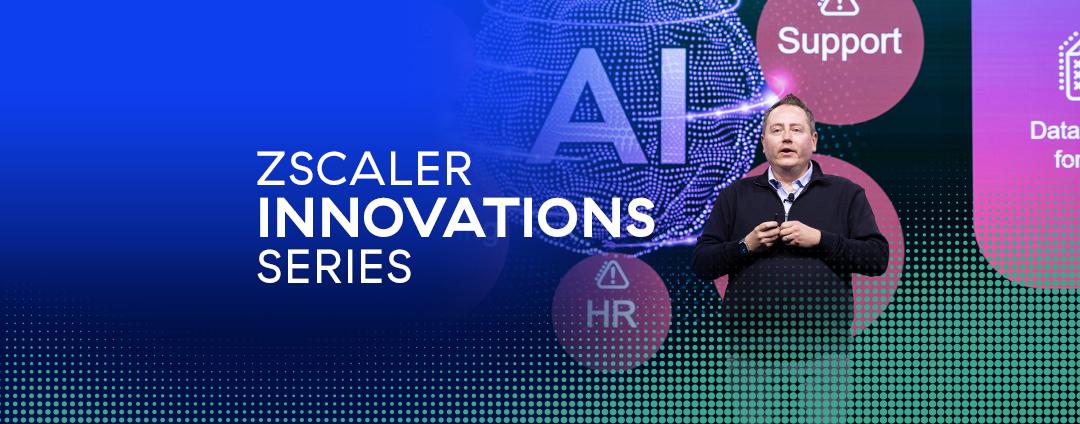In this blog series, we are taking our readers on a tour of various challenges to enterprise data security. As we do so, we will detail the ins and outs of each subject, describe why they all matter when it comes to keeping sensitive information safe, and explain how your organization can thoroughly and easily address each use case with Zscaler technologies—like its cloud access security broker (CASB), data loss prevention (DLP), and more.
In each installment of this series, a brief video will accomplish the above while presenting a succinct demonstration in the Zscaler user interface, concretely showing how you can protect your data.
Prior topics include shadow IT, risky file sharing, SaaS misconfigurations, noncorporate SaaS tenants, sensitive data leakage, reducing DLP false positives, securing key documents, notifying users of DLP policy violations, and securing unmanaged devices. This blog post’s topic is:
Securing data in image files
Sensitive data appears as more than just plain text within spreadsheets and other documents. It also exists within image files like PNGs and JPEGs. As an illustration, users can take screenshots of their desktops to capture the sensitive information appearing on their various browsers and applications. So, to prevent data leakage completely, organizations need a solution capable of identifying sensitive information within these types of files.
Zscaler DLP is complete with optical character recognition, or OCR. This allows Zscaler to extract text from images and inspect it for sensitive data, leveraging all of its advanced data classification measures like exact data match and indexed document matching, as well as more basic regex and keyword matching. In other words, Zscaler boasts the comprehensive suite of data protection technologies needed to stop all data loss.
To learn more about Zscaler OCR, watch the demo below.

Zscaler’s integrated, multi-mode CASB can address all of your cloud security use cases. To learn how, download the Top CASB Use Cases ebook.





